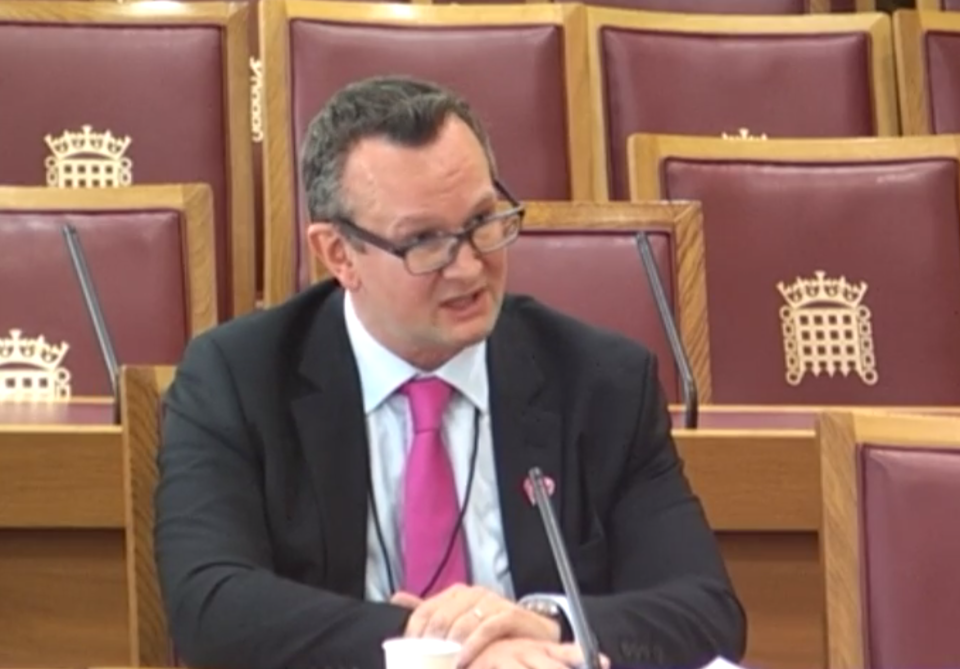Could the UK still nationalise British Steel after its collapse?

EU rules make it “difficult if not impossible” to nationalise firms like British Steel after they fail, according to a legal expert.
But he said European state aid rules do not prevent earlier intervention to keep such firms profitable, re-igniting the debate over whether British Steel's collapse could have been prevented.
The government has faced repeated calls for intervention as the industry has struggled in recent years, amid lower global demand, increased trade barriers and rising energy bills.
The opposition Labour party and trade unions demanded complete nationalisation of British Steel when it went into administration in May, putting thousands of jobs at risk.
Staff have been kept on and the firm is continuing to trade despite going into forced liquidation. The government’s insolvency service is currently weighing up bids for the business, with dozens of companies reported to have expressed interest.
READ MORE: 25,000 jobs at risk as British Steel battles for survival
The government has repeatedly said European rules on state aid restrict its ability to step in, even though it previously loaned Scunthorpe-based British Steel £120m and provided funds in administration to keep it running.
Competition experts at the law firm DWF LLP said EU rules made nationalisation of failing firms difficult — but did allow state aid to more viable companies.
Jonathan Branton, a partner at DWF, told peers at a Westminster committee hearing on state aid: “You can’t go in and bail out a failing steel producer.”
Branton told peers the government would need to show it was acting like a commercial investor to be allowed to intervene, with a “thought-through business plan” and rationale for a turnaround that could make it profitable.
He said such an outcome was “not excluded” on principle, but would be hard to prove for British Steel, “basically an organisation that’s failing.”
READ MORE: The big hole in Boris Johnson’s Brexit trade deal palns
But Branton said the rules did allow governments to step in much earlier and try to stop such firms running into trouble in the first place.
“Earlier on in that cycle, there are things you can do. There is room for manoeuvre in state aid rules. What you can do within the steel sector is look at other things like research and development, environmental measures, investment in training.
“With some constructive and imaginative use of those facilities, there certainly are ways you can aid the steel industry,” he said.
He said he could not say if British Steel’s collapse could have been avoided through such support, as the full details of the government’s offers of support may not be publicly known.
READ MORE: UK government ‘does not know’ if aid spending value for money

Branton also pointed out British state aid to firms was just a third of the level of German intervention, calling the UK “squeamish” about state support compared to the rest of Europe.
He said arguments over EU rules were “irrelevant” if governments were in reality unwilling to intervene by putting “cash on the table.”
Branton also outlined how Britain would be free to intervene far more proactively in most industries if the UK left the EU without a deal, with UK officials preparing to take over state aid regulation from Brussels. Economists have warned a no-deal Brexit could be devastating for the steel sector, however.
Branton said there could be “winners and losers” from a new state aid regime and that any break from current EU rules could prove a “delicate part” of future trade negotiations with Brussels.
READ MORE: Why a no-deal Brexit could mean more bureaucracy for many manufacturers

 Yahoo Finance
Yahoo Finance 